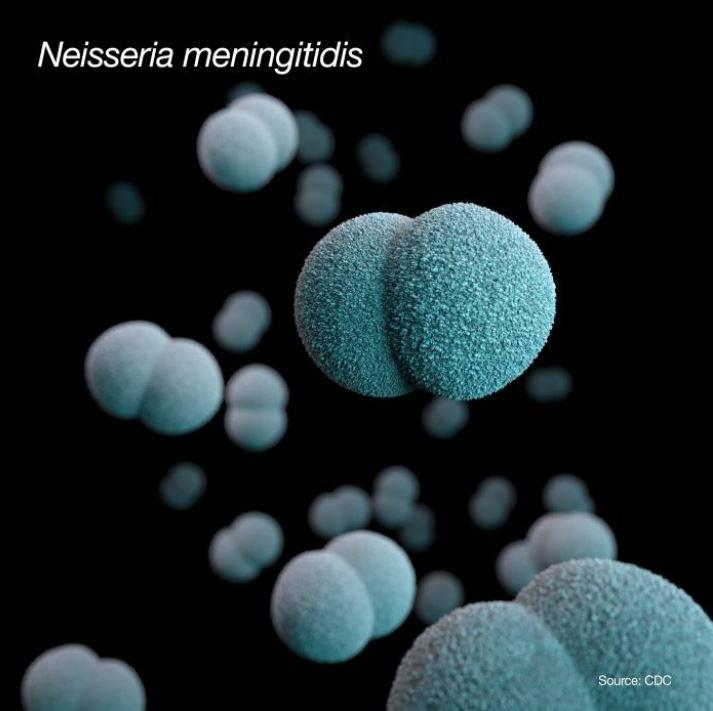On the heels of two human H5N1 avian flu cases in Cambodia in January, the country has reported a third 2024 case, which involves a 9-year-old boy who died from his infection, according to a health ministry statement translated and posted by Avian Flu Diary, an infectious disease news blog.

The boy is from Kratie province in the northeastern part of the country. The cases announced last month were in two different provinces, Prey Veng and Siem Reap.
Like the other cases, investigators found that poultry had died at the patient's home. Also, the ministry said the birds that died were eaten.
Recent resurgence
Cambodia has now reported nine H5N1 cases since 2023, part of a resurgence that follows a decade long lapse in cases.
It's not yet known what H5N1 clade sickened the boy, but genetic analysis of samples from the earlier recent cases found that the virus belongs to an older H5N1 clade (2.3.2.1c) that circulates in poultry in some Asian countries, not the newer one (2.3.4.4b) currently circulating in multiple world regions.
Yesterday the World Health Organization (WHO) updated its risk assessment on H5N1 in Cambodia, adding more details about the year's first two cases. It said though the risk to the general population remains low, sporadic human infections will likely continue in rural Cambodia and other areas where the virus still circulates in poultry.













